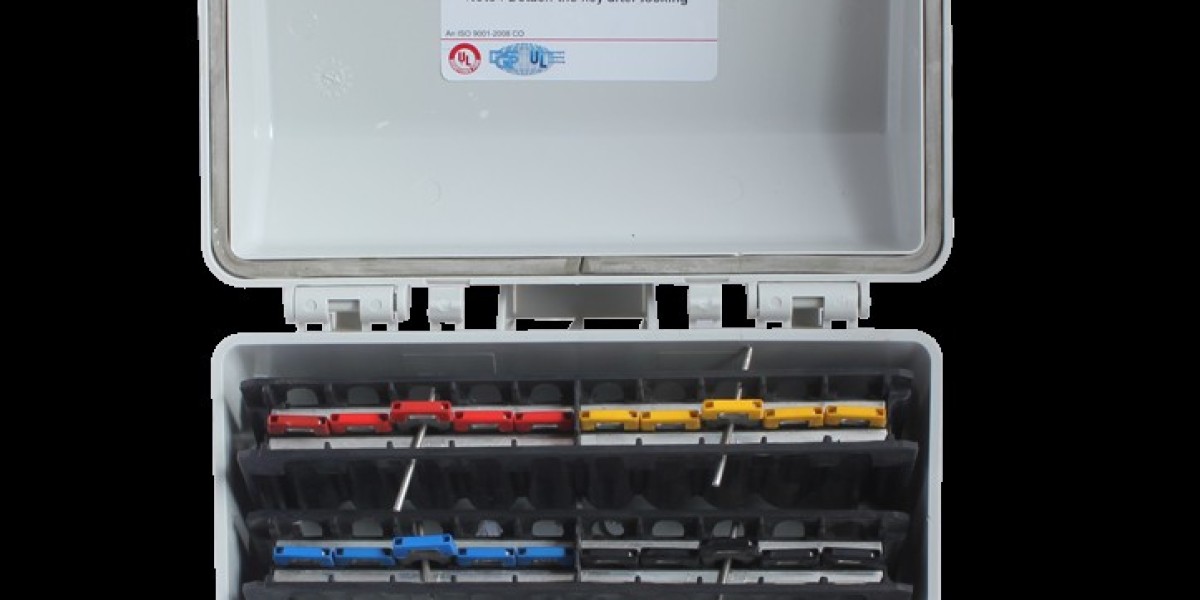Introduction:
In the realm of electrical distribution systems, SMC (Sheet Moulding Compound) distribution boxes play a pivotal role in safely and efficiently managing the flow of electricity. These boxes, manufactured using a composite material known for its durability and insulating properties, offer numerous advantages in terms of reliability, safety, and versatility. In this article, we will delve into the significance of SMC distribution boxes, their features, applications, and the benefits they bring to electrical installations.
Features of SMC Distribution Boxes:
SMC distribution boxes boast a range of features that make them indispensable components in electrical systems:
Durability: SMC is a highly durable material that can withstand harsh environmental conditions, including moisture, UV exposure, and temperature fluctuations, ensuring long-term reliability and performance.
Insulating Properties: SMC possesses excellent insulating properties, making it ideal for use in electrical enclosures where protection against electrical shocks and short circuits is paramount.
Corrosion Resistance: SMC distribution boxes are resistant to corrosion, rust, and chemical degradation, making them suitable for both indoor and outdoor applications in diverse environments.
Lightweight yet Sturdy: Despite their lightweight construction, SMC distribution boxes offer exceptional strength and rigidity, providing reliable protection for electrical components.
Design Flexibility: SMC can be easily molded into various shapes and configurations, allowing for customized designs to accommodate specific requirements and spatial constraints.
Applications of SMC Distribution Boxes:
SMC distribution boxes find wide-ranging applications across various industries and settings, including:
Residential Buildings: SMC distribution boxes are commonly used in residential electrical installations to house circuit breakers, fuses, and other components, providing a centralized point for electrical distribution.
Commercial Establishments: In commercial buildings, SMC distribution boxes serve as junction boxes or enclosures for electrical wiring, switches, and outlets, facilitating the distribution of power to different areas.
Industrial Facilities: SMC distribution boxes are utilized in industrial environments to protect electrical equipment, control panels, and instrumentation from dust, moisture, and mechanical damage.
Telecommunication Networks: SMC distribution boxes are employed in telecommunications infrastructure to house network termination points, splice closures, and distribution frames, ensuring reliable connectivity.
Renewable Energy Installations: In solar photovoltaic (PV) systems and wind farms, SMC distribution boxes are used to house inverters, combiner boxes, and monitoring equipment, safeguarding critical components from environmental factors.
Benefits of SMC Distribution Boxes:
The adoption of SMC distribution boxes offers several benefits to electrical systems and installations:
Enhanced Safety: SMC distribution boxes provide effective insulation and protection against electrical hazards, reducing the risk of shocks, short circuits, and fires.
Longevity: SMC distribution boxes are resistant to degradation, ensuring prolonged service life and minimal maintenance requirements.
Cost-Effectiveness: Despite their initial investment, SMC distribution boxes offer excellent value over their lifecycle, thanks to their durability and reliability.
Environmental Sustainability: SMC distribution boxes are recyclable and contribute to environmental sustainability by reducing material waste and energy consumption.
Compliance: SMC distribution boxes comply with industry standards and regulations, ensuring compatibility and interoperability with other electrical components and systems.
Conclusion:
SMC distribution boxes play a crucial role in modern electrical installations, offering a combination of durability, safety, and versatility. With their advanced features, wide-ranging applications, and numerous benefits, SMC distribution boxes are indispensable components in residential, commercial, industrial, and telecommunications infrastructure. As the demand for efficient and reliable electrical distribution solutions continues to grow, SMC distribution boxes are poised to remain at the forefront of innovation, driving advancements in electrical engineering and infrastructure development.








